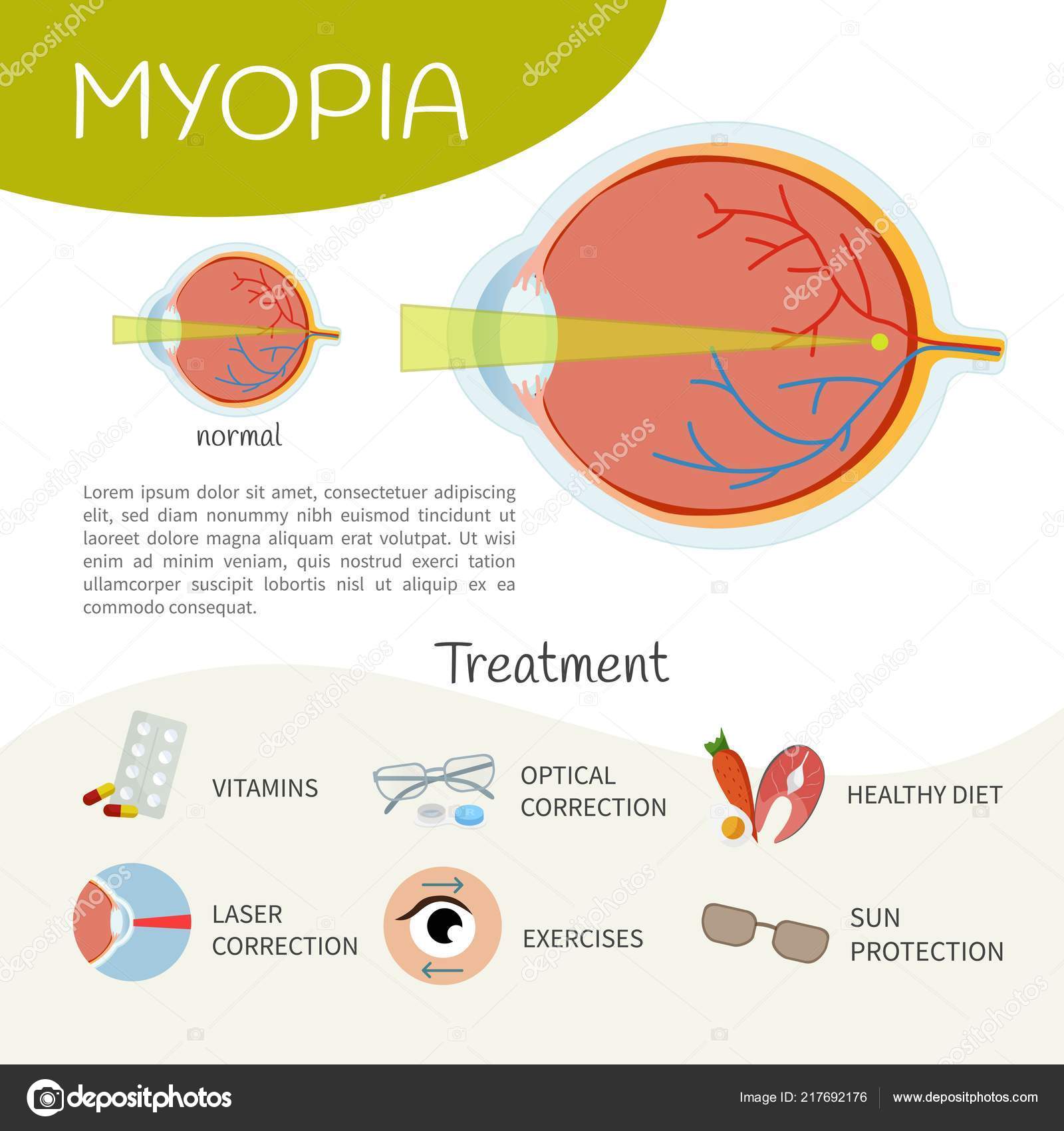Is SMILE Eye Surgery Ideal For You? Trick Insights And Considerations To Assess
Is SMILE Eye Surgery Ideal For You? Trick Insights And Considerations To Assess
Blog Article
Article Produced By-Mullen Thestrup
If you're contemplating SMILE eye surgical treatment, consider this: are you prepared to welcome prospective visual freedom, or does the idea of any threats make you be reluctant? can cataract surgery be redone will certainly depend upon a cautious equilibrium of weighing the benefits versus the uncertainties. It's crucial to dive much deeper right into the nuances of SMILE surgery to make an educated choice that straightens with your visual goals.
Comprehending SMILE Eye Surgical Treatment
When considering SMILE Eye Surgical procedure, it is essential to comprehend the procedure and its benefits. SMILE, which represents Little Cut Lenticule Extraction, is a minimally invasive laser eye surgical treatment that deals with common vision problems like nearsightedness (nearsightedness).
During the treatment, your eye surgeon will certainly make use of a femtosecond laser to produce a small laceration in your cornea. Through this laceration, a little disc of tissue called a lenticule is gotten rid of, improving the cornea and fixing your vision.
Among the vital advantages of SMILE Eye Surgical treatment is its fast healing time. Many people experience improved vision within a day or more after the treatment, with minimal discomfort.
In addition, SMILE is recognized for its high success price in offering long-term vision correction. Unlike LASIK, SMILE does not need the production of a flap in the cornea, minimizing the risk of complications and allowing for a more steady corneal structure post-surgery.
Comprehending the treatment and its benefits is vital when taking into consideration SMILE Eye Surgical treatment for vision adjustment.
Pros and Cons of SMILE
Thinking About SMILE Eye Surgery for vision modification comes with various benefits and potential downsides.
One of the primary pros of SMILE is its minimally invasive nature, as it entails a small laceration and commonly results in quick recovery times. The treatment is likewise understood for triggering very little pain and completely dry eye signs and symptoms post-surgery compared to various other vision correction methods. Additionally, SMILE has actually been shown to give excellent aesthetic outcomes, with several clients achieving 20/20 vision or far better.
On https://lasik-night-vision19753.blogunok.com/29479879/the-development-of-vision-modification-techniques-examining-the-advancements-in-smile-eye-surgical-procedure , a potential con of SMILE is that it might not appropriate for people with serious refractive mistakes, as the therapy array is rather restricted compared to LASIK. An additional factor to consider is that the knowing contour for cosmetic surgeons executing SMILE can influence the accessibility of knowledgeable suppliers in certain areas.
It's important to evaluate these benefits and drawbacks carefully when determining if SMILE is the appropriate selection for your vision improvement requirements.
Figuring Out Qualification for SMILE
To identify if you're qualified for SMILE eye surgical procedure, your optometrist will certainly conduct a detailed evaluation of your eye health and vision demands. During this assessment, factors such as the stability of your vision prescription, the thickness of your cornea, and the general health of your eyes will certainly be analyzed.
Typically, candidates for SMILE are over 22 years of ages, have a secure vision prescription for at the very least a year, and have healthy corneas without conditions like keratoconus.
Your ophthalmologist will certainly also consider your total eye wellness, any type of existing eye problems, and your way of living needs to identify if SMILE is the ideal choice for you. It's vital to communicate any type of specific visual demands or problems you might have during this analysis to make certain that the treatment aligns with your assumptions.
If you aren't qualified for SMILE, your eye doctor may recommend alternate vision improvement choices that better fit your private requirements and eye wellness status.
Final thought
Eventually, determining whether SMILE eye surgery is right for you calls for careful factor to consider of your private eye health and wellness and aesthetic requirements. Seek advice from your optometrist to establish your qualification for the treatment and weigh the potential benefits and drawbacks. Keep in mind to communicate any kind of problems or inquiries you may have throughout the assessment process to make an informed decision about your vision correction choices.
